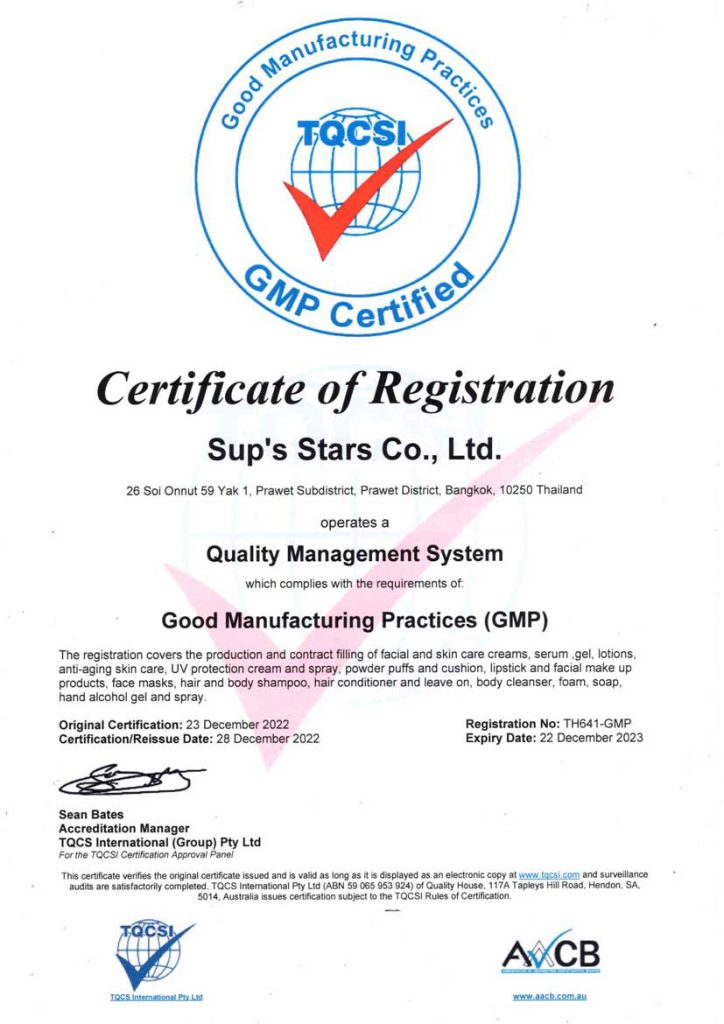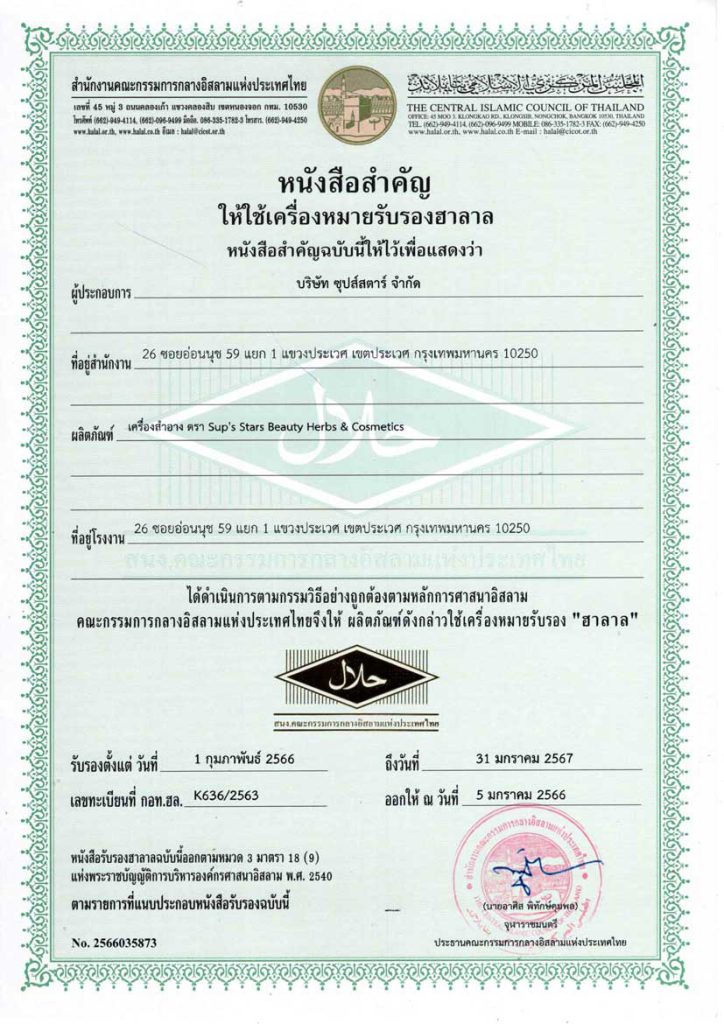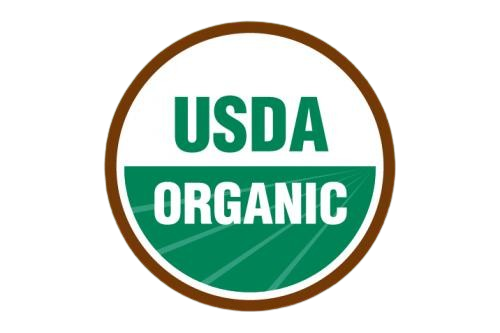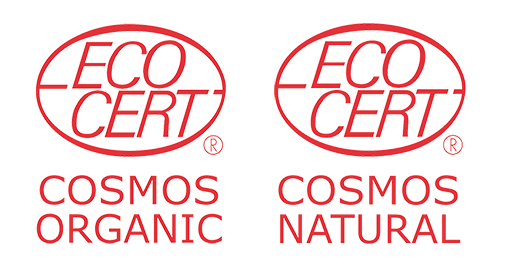Why Choose Organic Skincare? Benefits, Ingredients to Avoid, How to Pick the Best Products
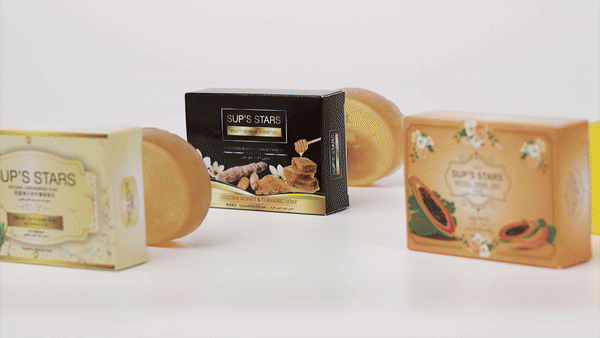
What is Organic Skincare?
Organic skincare focuses on using natural ingredients that are free from synthetic chemicals and harmful additives. These products are formulated with ingredients that are grown without pesticides, GMOs, or artificial fertilizers.
This approach is beneficial for both your skin and the environment, promoting healthier living and reducing ecological impact.
Additionally, organic skincare products are often rich in essential nutrients, such as vitamins, antioxidants, and minerals that work to naturally nourish and rejuvenate the skin. Unlike conventional skincare, which may rely on synthetic preservatives or harsh chemicals, organic products use natural preservatives and plant-based ingredients, making them suitable for sensitive skin. By opting for organic skincare, you not only ensure a gentler, more effective solution for your skin but also contribute to a more sustainable and ethical beauty industry.
Why Choose Organic Skincare?
Choosing organic skincare offers several advantages:
-
Skin Safety: Organic products are made from natural ingredients, which are generally gentler on the skin. They are rich in antioxidants, vitamins, and minerals that help nourish and protect your skin. This reduces the risk of irritation and allergic reactions compared to products with synthetic chemicals.
-
Free from Harmful Chemicals: Organic skincare avoids ingredients that can be harmful, such as:
- Parabens: Preservatives that can disrupt hormonal balance and have been linked to breast cancer.
- Sulfates: Cleaning agents that can strip the skin of its natural oils, leading to dryness and irritation.
- Phthalates: Chemicals used to make products more flexible, which are linked to reproductive and developmental issues.
- Synthetic Fragrances: Can cause allergic reactions, headaches, and respiratory problems.
- Petroleum-based Ingredients: These can clog pores and may contain harmful contaminants.
- Formaldehyde: Used as a preservative, this substance can irritate the skin and is associated with cancer.
-
Eco-Friendly: Organic skincare products are produced with environmental sustainability in mind. They use eco-friendly packaging and support farming practices that reduce soil erosion and pollution.
-
Better for Sensitive Skin: Without artificial additives, organic products are less likely to trigger irritation, making them ideal for sensitive skin types and conditions like eczema or acne.
Sup’s Stars Natural Cosmetics's Commitment
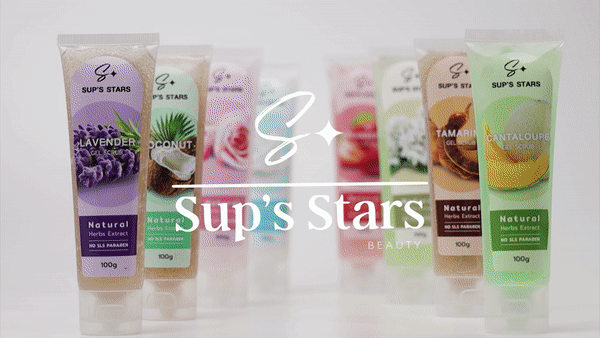
At Sup’s Stars Natural Cosmetics, we are dedicated to providing high-quality skincare solutions that reflect our commitment to natural beauty. Our product line is crafted with premium natural ingredients and adheres to rigorous standards of safety and efficacy. Here’s what we offer:
- Face Scrubs: Formulated with natural ingredients such as Jasmine, Strawberry, Milk, Cantaloupe, Lavender, Coffee, and Tamarind to exfoliate and refresh your skin.
- Salt Body Scrubs: Available in a variety of natural flavors including Milk, Ocean, Yoghurt, Coffee, Mixed Berry, Apple, Cantaloupe, Coconut, Mango, and Lime. These scrubs help exfoliate and rejuvenate the skin.
- Body Cream Scrubs: Enriched with ingredients like Jasmine, Rose, Tamarind, Milk, Cantaloupe, and Coffee to nourish and hydrate your skin.
- Anti-Aging Line: Includes Aloe Vera Cream and White Abutin Cream designed to reduce signs of aging and maintain youthful skin.
Our products are certified by reputable organizations including the FDA, halal authorities, and GMP standards, ensuring that they meet high-quality and safety standards.
Certifications for Organic Products
To ensure that skincare products are truly organic, they should have certifications from recognized bodies:
- USDA Organic Certification: Guarantees that the product contains at least 95% organic ingredients and follows stringent farming and manufacturing practices.
- Ecocert Certification: Confirms that the product meets the standards for natural and organic ingredients, including environmentally-friendly practices.
- COSMOS Certification: Ensures that the product complies with high standards for organic and natural cosmetics, covering everything from ingredient sourcing to manufacturing.
- ISO 16128: Provides guidelines on natural and organic cosmetic ingredient content, helping manufacturers and consumers identify truly organic products.
Trends in Organic Skincare
Organic skincare continues to evolve with several key trends shaping the market:
- Sustainability: Consumers are increasingly interested in products with eco-friendly and recyclable packaging, reflecting a broader commitment to environmental stewardship.
- Clean Beauty: There is a growing demand for transparency regarding product ingredients. Consumers prefer products that are free from harmful chemicals and are clearly labeled.
- Personalized Solutions: Tailoring products to address specific skin concerns, such as anti-aging or acne treatment, is becoming more popular.
- Multifunctional Products: Consumers are looking for products that serve multiple purposes, such as moisturizers that also offer sun protection and anti-aging benefits.
Generational Preferences for Organic Skincare
Understanding the preferences of different age groups can help in tailoring marketing strategies and expanding market reach:
- Gen Z (Born 1997-2012): This generation values sustainability and ethical practices. They prefer cruelty-free, vegan, and environmentally friendly products. They are influenced by digital marketing and social media, making online presence crucial.
- Millennials (Born 1981-1996): Millennials are leading the organic movement and are interested in products that offer long-term health benefits. They look for products with natural ingredients and anti-aging properties. Highlighting these benefits can attract this demographic.
- Gen X (Born 1965-1980): Gen X consumers are gradually shifting towards organic products due to concerns about synthetic chemicals. They value effectiveness and safety in skincare. Educational marketing and clear product benefits can engage this group.
- Baby Boomers (Born 1946-1964): Baby Boomers are seeking simple, effective skincare solutions that are gentle on mature skin. Emphasizing the safety and efficacy of organic products can appeal to this generation.
Market Expansion Opportunities
To expand your market, consider the following strategies:
- Leverage Digital Marketing: Use social media, influencer partnerships, and targeted online ads to reach younger audiences.
- Emphasize Sustainability: Promote eco-friendly practices and packaging to attract environmentally-conscious consumers.
- Offer Customization: Provide personalized skincare solutions to meet individual needs and preferences.
- Communicate Clearly: Ensure that the benefits of your products are well-explained and accessible to all consumers, highlighting both health and environmental advantages.
Conclusion
To expand your market, consider the following strategies:
- Leverage Digital Marketing: Use social media, influencer partnerships, and targeted online ads to reach younger audiences.
- Emphasize Sustainability: Promote eco-friendly practices and packaging to attract environmentally-conscious consumers.
- Offer Customization: Provide personalized skincare solutions to meet individual needs and preferences.
- Communicate Clearly: Ensure that the benefits of your products are well-explained and accessible to all consumers, highlighting both health and environmental advantages.
